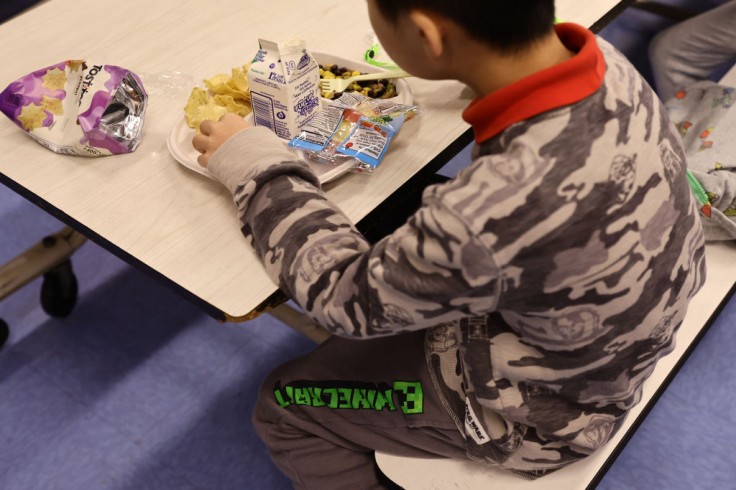
In a recent report based on a comprehensive survey of 1110 California parents, valuable insights have emerged regarding the intricate web of perceptions surrounding school meals.
The study, conducted during the 2021-2022 school year, delves into the multifaceted realm of parental opinions, focusing on school meals, parental insights, quality, savings, and stress reduction.
Benefits of School Meals: Parental Insights Unveiled
Among the noteworthy findings, a significant majority of parents (81.6%) emphasized the pivotal role of school meals in their financial state, resulting in more savings for their family.
Simultaneously, 79.2% viewed school meals as a crucial time-saving solution for a lot of parents, illustrating the broader impact of school meal programs beyond the classroom.
Furthermore, the study revealed that 75% of parents acknowledged the stress-reducing aspect of school meals, indicating a potential holistic benefit to families.
While the positive correlations between school meals and savings, time efficiency, and stress reduction are apparent, the study brought to light certain nuances in parental perceptions, particularly concerning the quality of school meals.
Surprisingly, only 36.9% of parents deemed school lunches to be of good quality, signaling a noticeable gap between the perceived advantages of school meals and the actual satisfaction levels among parents.
This discrepancy prompts a deeper exploration into the factors influencing the perceived quality of school meals and the effectiveness of current school meal programs.
Savings and Skepticism in School Meals
The delicate interplay between savings and skepticism emerged as a central theme in parental views on school meals.
While a considerable number of parents recognize the financial advantages associated with school meals, the study exposed a notable degree of skepticism.
This nuanced balance suggests that parental opinions are influenced by factors beyond straightforward cost considerations. The coexistence of savings and skepticism underscores the complexity of parental perspectives on school meal programs.
The study's breakdown of responses also revealed variations in stress reduction dynamics among different racial groups.
White parents, for instance, were more likely to associate school meals with stress reduction compared to their Hispanic counterparts. This nuanced insight underscores the influence of cultural factors on parental opinions regarding the stress-alleviating potential of school meals.
Understanding these dynamics becomes crucial for tailoring school meal programs to resonate with the diverse cultural fabric of the community.
Read Also: Arby's Foundation's $1 Million Donation Erases Student Lunch Debts for 7,000+ Georgia Students
Future Considerations in Shaping Policies for Optimization
While parental insights highlight the positive aspects of school meals, concerns about quality and skepticism persist.
The intricate relationship between financial savings, stress reduction, and the perceived drawbacks of school meals warrants ongoing exploration.
As schools continue to adapt to changing circumstances, addressing parental expectations and concerns becomes imperative for optimizing the effectiveness of school meal programs.
This study provides a comprehensive understanding of the complex landscape of parental perceptions, emphasizing the need for ongoing efforts to enhance the quality, savings, and stress reduction dynamics associated with school meals.
Policymakers and education stakeholders should consider these insights while navigating this intricate landscape and shaping future policies that align with both financial and qualitative expectations.
In doing so, they can ensure that school meal programs not only meet basic needs but also contribute positively to the overall well-being of students and their families.